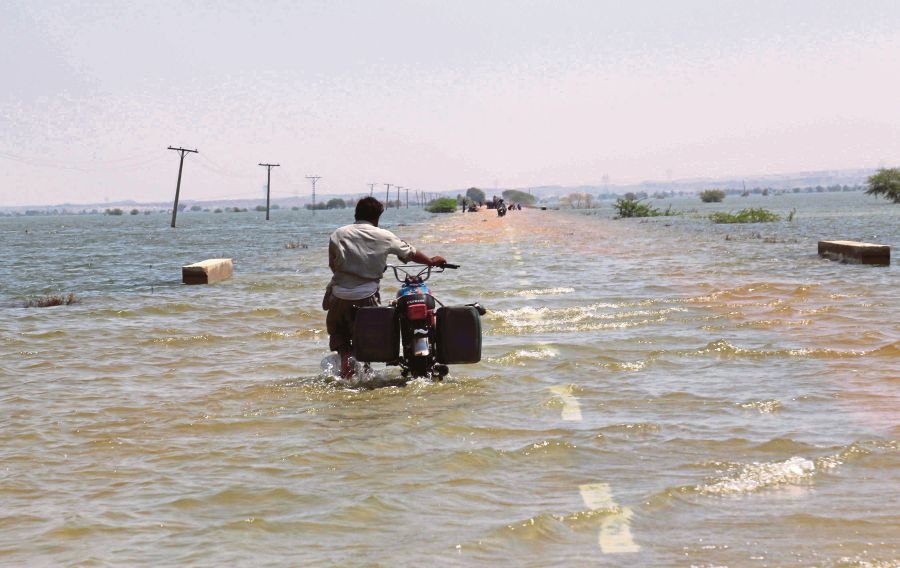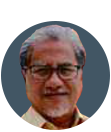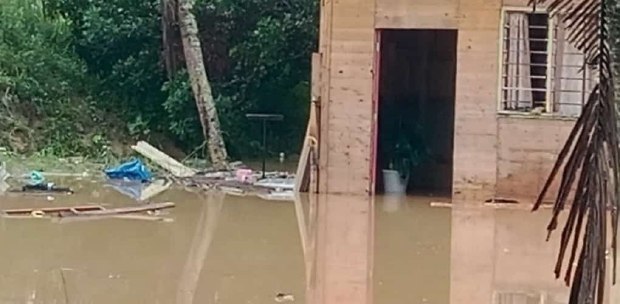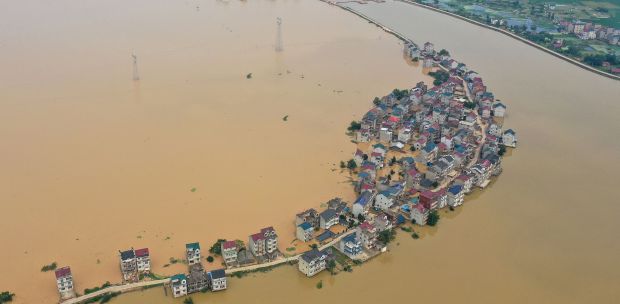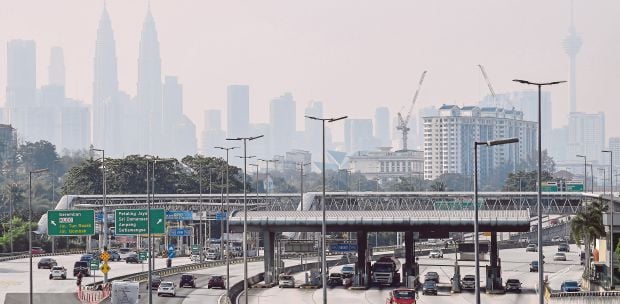Someone remarked the other day that every time it rains, we can surely expect flash floods to occur in low-lying areas.
The rivers and streams just cannot contain the deluge of water any longer, he said.
It is even worse during the monsoon season at year end. Not just because of the heavy rainfall, but also because floods happen when there is heavy siltation of rivers.
We have only ourselves to blame for the high risk of flooding. We do not seem to learn that rapid urbanisation, land clearing and thoughtless development in low-lying areas, including in catchment areas, have contributed to floods.
Floods resulting from torrential rain in many parts of this country are a grim reminder of our sins against Mother Nature.
We need to embrace how climate change is affecting us as individuals and as a nation, and how we can work collectively to protect the environment.
Climate change is having catastrophic effects on food security.
The 2015 Paris Climate Change Agreement that sets out a global framework to avoid dangerous climate change by limiting global warming to below 2°C aims at strengthening countries' ability to deal with the impact of climate change and supporting them in their efforts.
But what does Islam say about climate change? Faced with this deepening crisis, Muslim eco-activists and scientists released an Islamic Declaration on Global Climate Change at a symposium in Istanbul, Turkiye, shortly before the Paris climate summit.
Climate change and environmental sustainability have rarely occupied an important place in Islamic thinking in the contemporary world. Muslim nations have often found themselves pre-occupied with issues such as radicalism, terror and security.
But that slowly changed after the Islamic Declaration was made. There has been a great shift to human responsibility to protect the environment.
The declaration called on each person to be an agent of change, in line with Quranic wisdom. Each person is a khalifah, a caretaker or steward in environmental protection.
It said "we are in danger of ending life as we know it on our planet" and that humanity has failed to fulfil its role as khalifah.
More importantly, the declaration called on people "wherever they may be… to tackle habits, mindsets and the root causes of climate change, environmental degradation and the loss of biodiversity in their particular spheres of influence, following the example of the Prophet Muhammad, and bring about a resolution to the challenges that now face us".
Essentially, the declaration is about individual obligation. By our failures, we — individuals in the community, individuals in corporations and governments — are causing global harm.
Caring for the environment and action to limit climate change must be at a level of obligation or fardhu for people, corporations and governments.
In Islam, there are two types of obligations — fardhu ain (individual obligation) and fardhu kifayah (collective obligation).
The latter means that if a group of people fulfil the duty, the obligation is lifted from others. Hence, caring for the environment can be considered to be fardhu ain and fardhu khifayah simultaneously.
It is also a form of jihad, personal and collective, to protect the environment. In this context, jihad comes in the form of activism. The West has always misconstrued jihad as a struggle against intrusive forces.
This jihad is an activism against sources and forces that can harm the environment. In other words, as jihadists, we must take action to reduce our carbon footprint to protect the environment.
Needless to say, we live in a world borrowed from future generations.
The writer, a former NST journalist, is a film scriptwriter whose penchant is finding new food haunts


